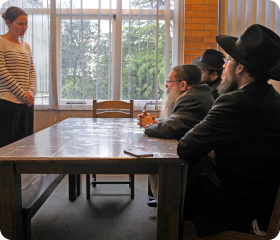Participation in training in areas around domestic abuse (financial, sexual, physical, emotional), addiction, and coercive control can improve the judges understanding of the couple and issues before them. We will help arrange training through our partner organizations.


